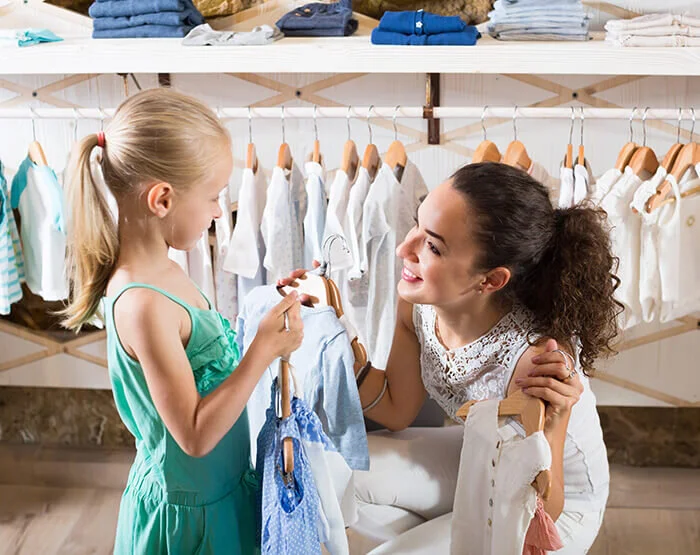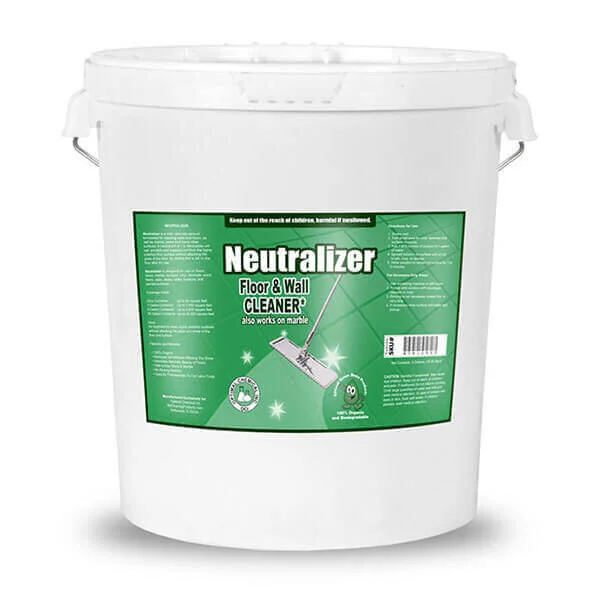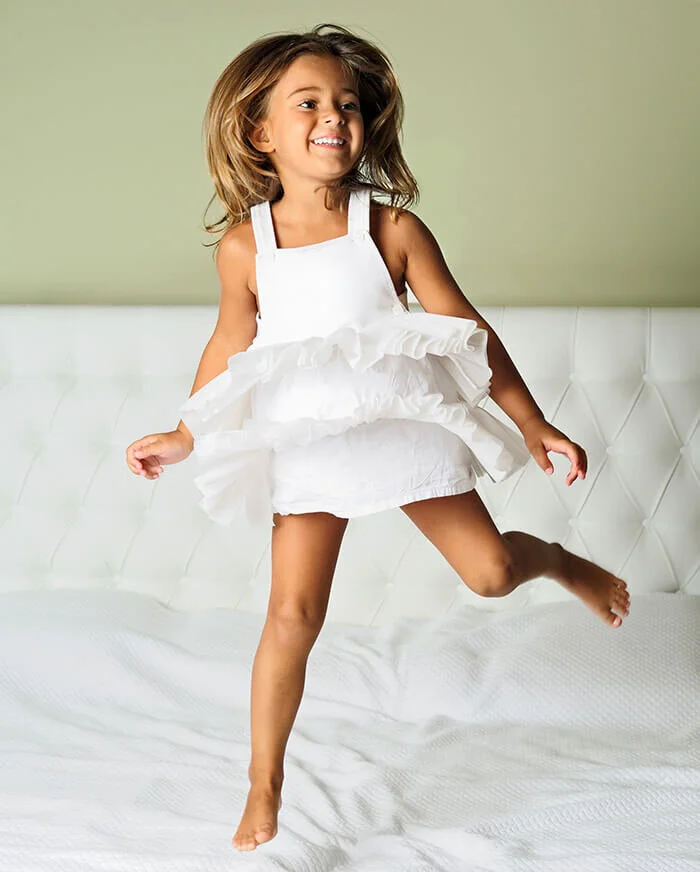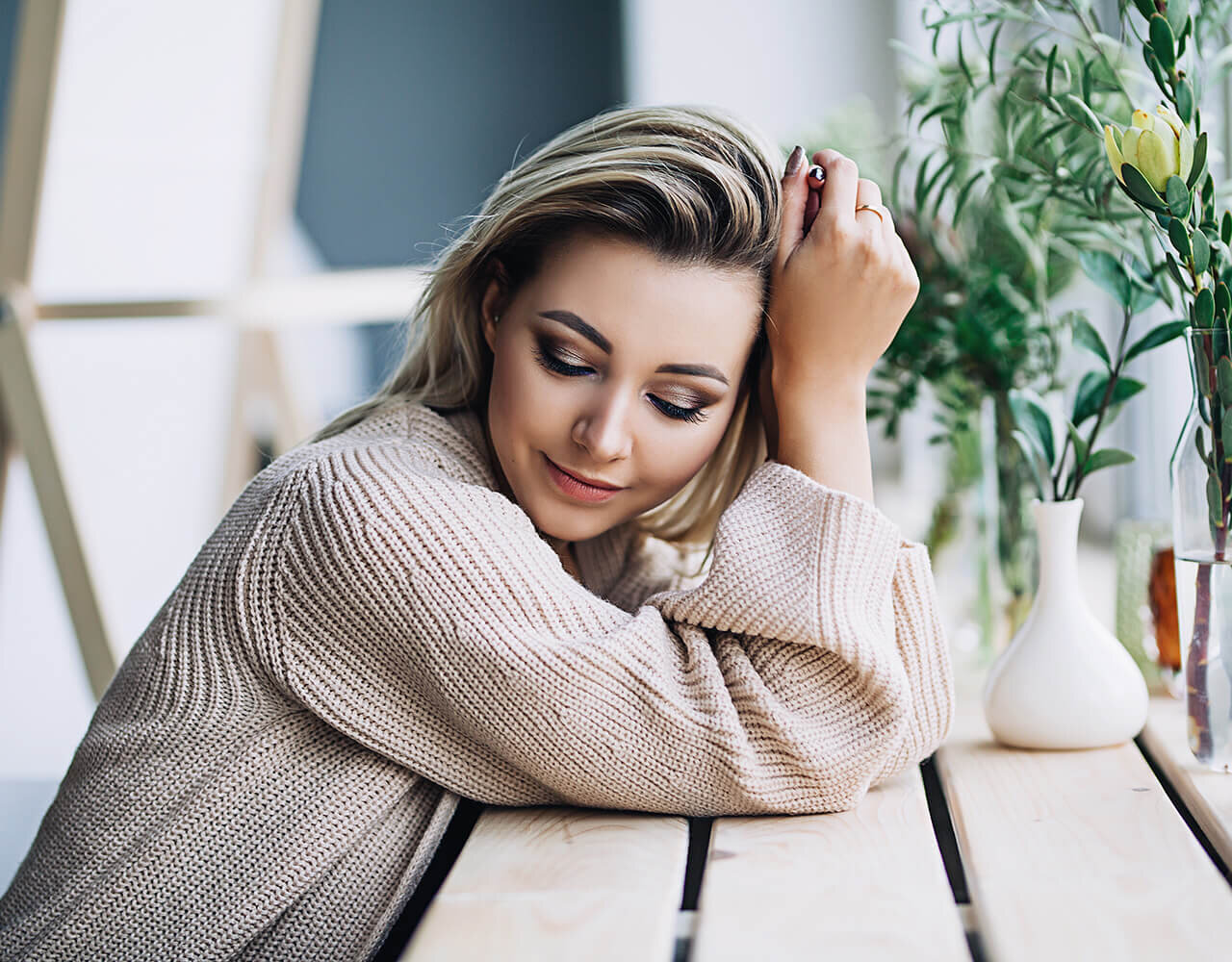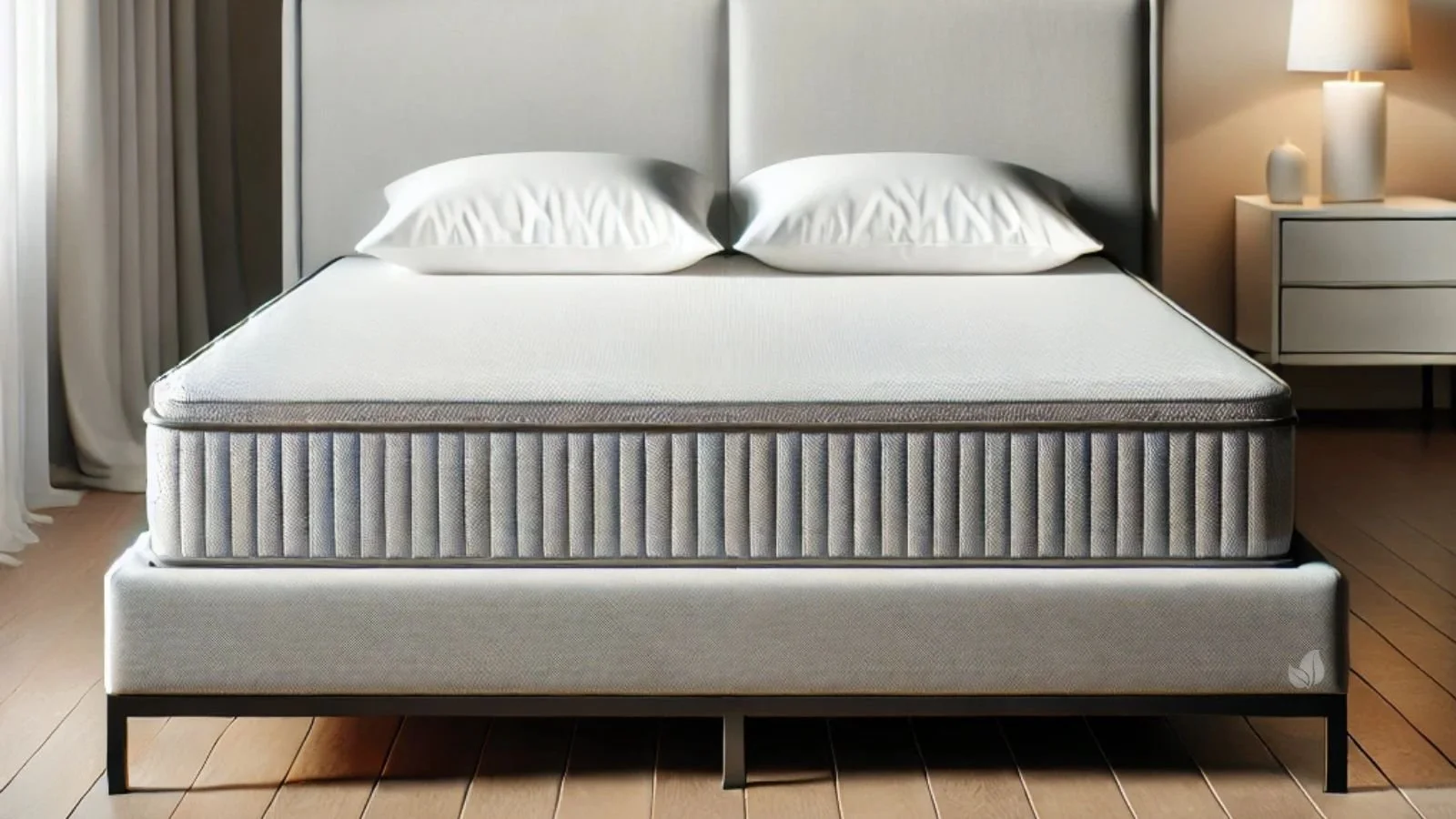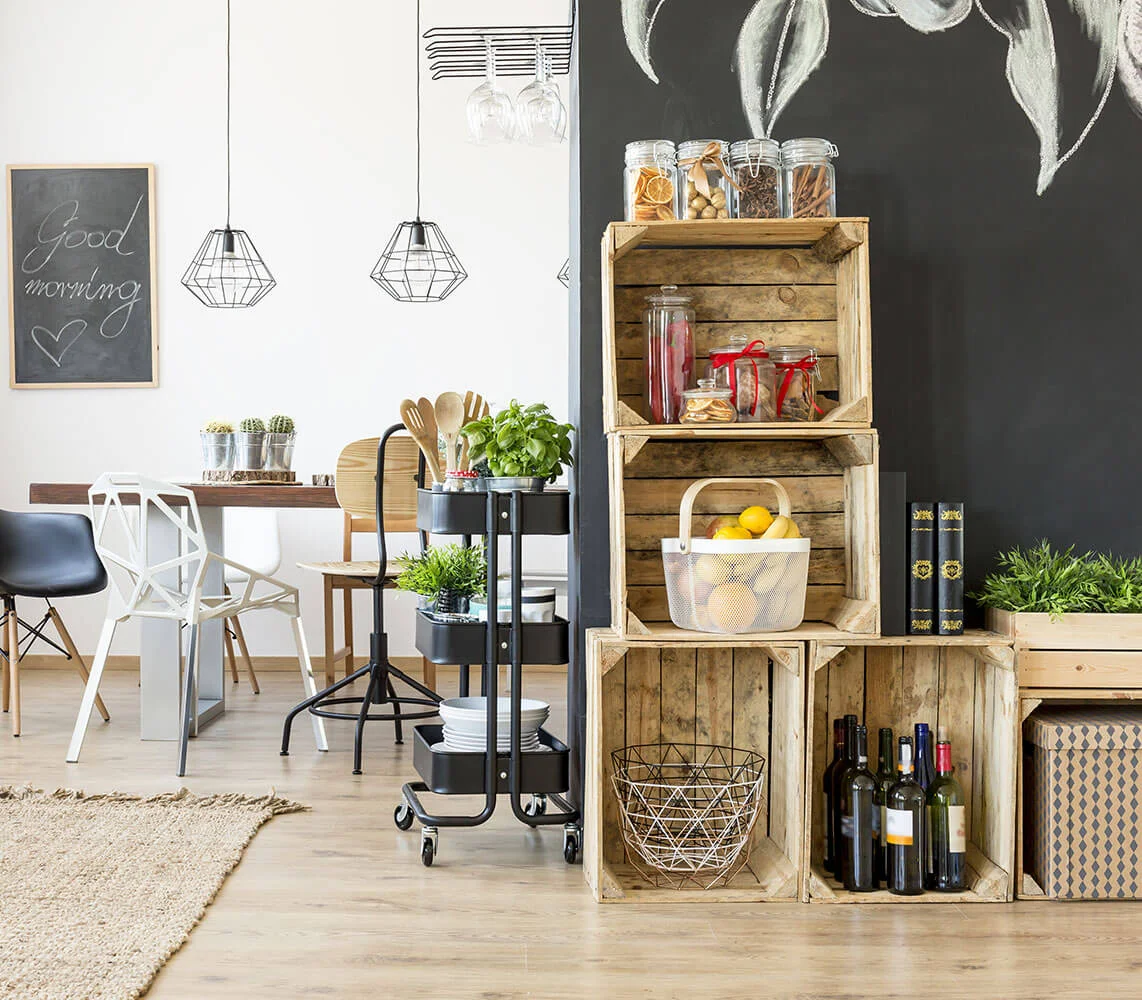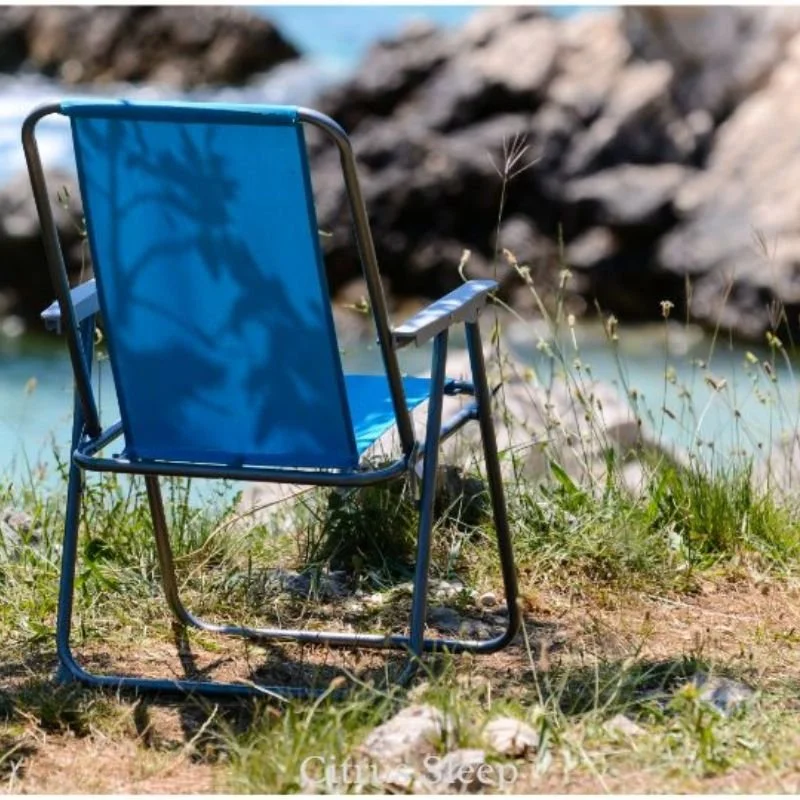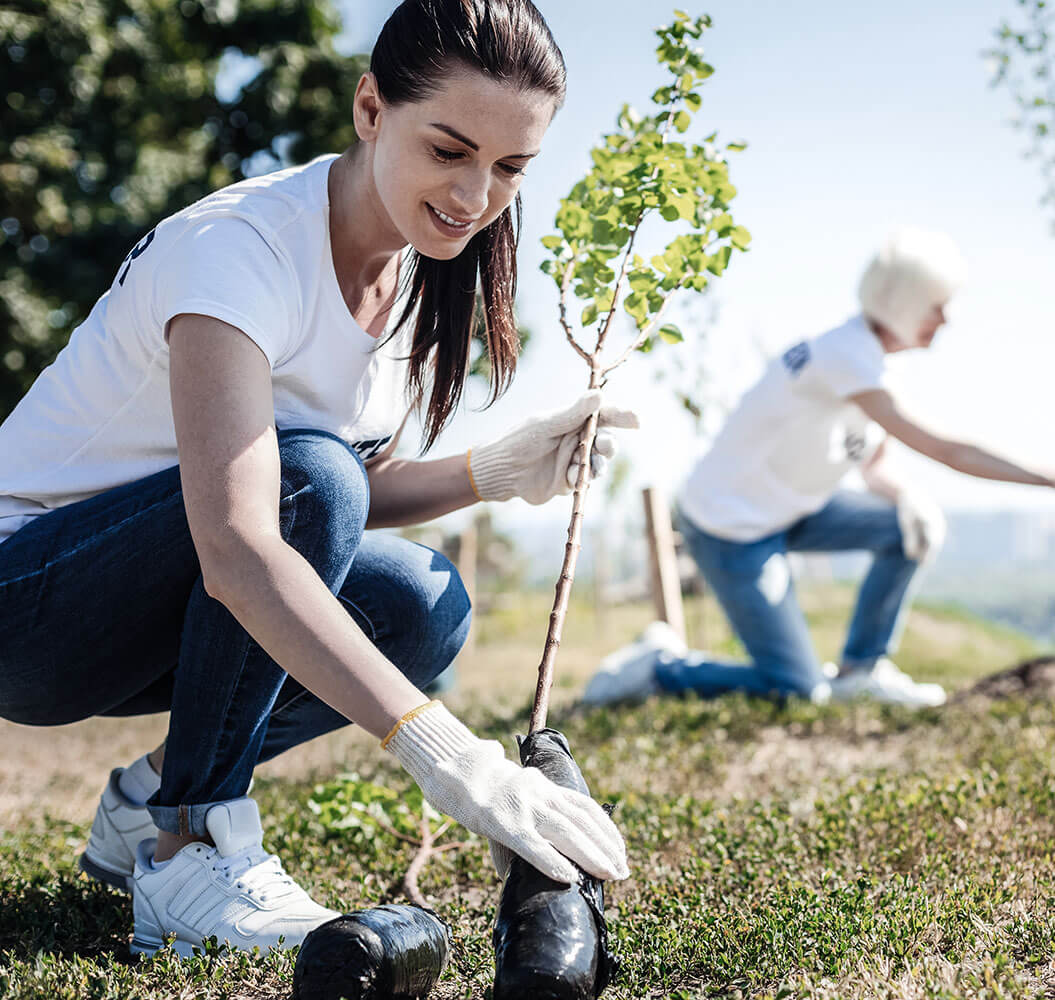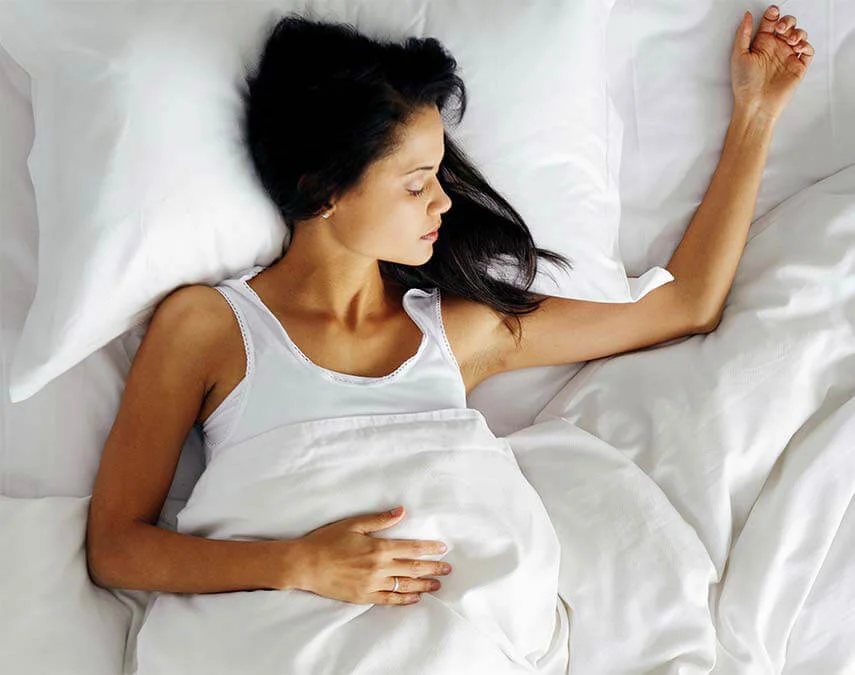Spring Cleaning Still On Top Of Mind During These Unprecedented Times?
The cleaner, the better, right?
If you could combine the best benefits of all of your household cleaning supplies, why wouldn’t you? You’ll be able to check off more items on your spring cleaning list because you’ll have a super strong, super powerful cleaner.
In theory.
In reality, there are certain chemicals that should never be combined. Not only can mixing certain chemicals be less effective than you might think, but it can be deadly. Here’s what you need to know about the top cleaning products you should absolutely never mix.
Bleach and Vinegar
It seems like bleach and vinegar might be a powerful combination, but in reality, the two should never be combined. When they’re mixed, vinegar and bleach produce chlorine gas.
Even at small concentrations, chlorine gas can cause symptoms like respiratory problems, coughing, and even burning, watery eyes and affect your beauty sleep. Adding any kind of weak acid to bleach, in fact, can reduce chlorine gas (along with chloramine vapors).
In fact, chlorine is so toxic that it has often been used as an agent in chemical warfare. Needless to say, it’s probably not something you want in your home, as it can irritate your skin, respiratory system, and mucous membranes. A nasty cough is the middle east symptom you can get, in fact.
Bleach is highly reactive, so to play it safe, you should avoid mixing bleach with any other kinds of cleaners. Even lemon juice and toilet bowl cleaner should not be combined with bleach.
You could even get a chemical burn on your skin if you happen to splash some on yourself. Don’t risk it!
Baking Soda and Vinegar
Cleaning products to avoid mixture unless it’s for a quick science project
Here’s the good news - baking soda and vinegar aren’t toxic. You aren’t going to die or even get sick if you combine these two.
However, the bad news is that you aren’t going to see much of a result. Baking soda is basic, and vinegar is acidic. Put them together, and you’ll create a few compounds. When combined, vinegar and baking soda react to produce sodium acetate, carbon dioxide gas, and...water.
That’s right - combine these two for cleaning, and you’re basically just using water. It’s cool to watch vinegar and baking soda at work if you want to see a quick volcanic eruption, but unless you are working on a science project, you probably can skip this combo.
You won't hurt yourself by combining these two, but again, you won’t have much luck with your cleaning. Whatever you do, avoid storing the combination in a closed container - it can lead to an explosion.
Bleach and Ammonia
Know what cleaning products to avoid mixing
Two other common household cleaners that should never be mixed are bleach and ammonia. Together, these two form chloramine vapors similar to what you would get if you combine bleach and vinegar. The mixture can also produce poisonous hydrazine. While chlorine burns your respiratory tract and eyes, it can also lead to internal organ damage.
You may also suffer from symptoms such as chest pain and shortness of breath.
Lots of ammonia, and, as previously mentioned, you’ll be making hydrazine. Not only does hydrazine have plenty of unpleasant toxic effects on its own, but it can also be explosive. You could literally die by making this simple cleaning mistake. It’s not worth it!
Another note of caution - don’t mix bleach with glass window cleaners. More often than not, those contain ammonia, so the combination can be just as destructive.
Bleach and Lysol
Lysol and bleach should never be mixed. Lysol is a very specific brand of disinfectant that, though very effective on its own, should never be used with other cleaners. It contains 2-benzyl-4 chlorophenol, which, when combined with bleach, becomes oxidized. It can produce various toxic and irritating compounds when the two are combined.
Drain Cleaner and Drain Cleaner
Keep family safe from mixing cleaning products around the house
That’s not a typo - you read that right. Drain cleaner should never be mixed with other kinds of drain cleaner. You really can’t even use one right after another. Drain cleaners tend to container powerful formulas and you run the risk of an explosion when they are combined.
Instead, just use one product, and according to the directions on the package. You usually don’t need a full bottle for the treatment. Don’t try another product if the first one doesn’t work - instead, just call a plumber.
Vinegar and Castile Soap
Castile soap is an effective, versatile cleaner made out of vegetable oils. Nativ To the Castile region of Spain, this soap is a favorite among people who like more natural, eco-friendly soaps to clean their homes. If you’re in the market for natural cleaning solutions, vinegar is another common ingredient that might come up on your list of effective products.
However, under no circumstance should you combine vinegar and castile soap. Here’s why.
Like baking soda and vinegar, vinegar and castile soap isn’t necessarily a toxic combination, but it’s one that’s not going to be super effective. When combined, these two ingredients produce a chunky, oily mixture. The acid in the vinegar will break down the castile soap and render it ineffective. You’re best to skip this mixture and use the two separate.
Cleaning products to avoid mixture for a safe home
Hydrogen Peroxide and Vinegar
Again, don’t try to get more out of vinegar - if you combine it with hydrogen peroxide, it can produce some pretty toxic acid. Known as peracetic acid, this chemical is a more potent disinfectant, sure. However, it’s also highly corrosive. It can give your skin a chemical burn and irritate your eyes, nose, and mucous membranes.
This mixture is particularly dangerous because you’ll read all kinds of advice that recommends spraying countertops or even fruit with alternating doses of vinegar and hydrogen peroxide. According to these tips, you can simply wipe the surfaces down between sprays. This is risky behavior, though, even though experts say it’s safe as long as you’re good about a thorough wipe.
What you need to be careful with is mixing the two ingredients in the same container. Combining vinegar and hydrogen peroxide can create peracetic acid, which is toxic and can irritate your eyes, skin, and respiratory tract.
Vinegar and Water
This one might catch you off-guard! Vinegar and water? Really?
Yep. When vinegar and water are combined, you won’t necessarily create a dangerous chemical reaction. However, combining the two when you are cleaning your hardwood floor is bad news because vinegar is highly acidic. It can damage the finish on your floor, making it look quite dull.
Plus, it can result in moisture damage, something you really don’t want to have to deal with if you have expensive hardwood floors.
Oven Cleaner and Bleach
You really shouldn't be using bleach to clean your oven anyway, as there are plenty of other ways to get it clean.
However, if you’re looking for a great cleaner, just rely on the oven cleaner alone to get the job done. Any kind of oven cleaner, like Easy Off, when combined with bleach can produce chlorine gas. You might suffer from eye irritation or irritation of the lungs, throat, and nose as a result.
Dish Detergent and Bleach
Not all, but many, of today’s popular dish detergent brands rely on ammonia to improve their cleaning power. Steer clear of mixing these with bleach, or you’ll have a toxic reaction on your hands.
Disinfectants with Detergent
It might seem like a no-brainer to combine a basic disinfectant with a foaming cleanser, but it’s a bad idea. Many disinfectants contain quaternary ammonia. When combined with a foaming cleanser, the disinfectant will be neutralized, rendering the solution useless.
Cleaning Products Should Never Mix Include Bleach and Toilet Bowl Cleaner
Bleach and Toilet Bowl Cleaner
Don’t mix bleach and toilet bowl cleaner. Usually, toilet bowl cleaners have some sort of acetic acid as their primary ingredient. When combined, the two can release toxic fumes that cause problems breathing and watery eyes.
Battery Brands
Batteries aren’t cleaning products, per se, but it’s important to include this item to prevent adding another lengthy cleaning chore to your long spring cleaning list!
Here’s something that very few people know - you shouldn’t mix battery brands when you’re putting them into your devices. Why? Different battery brands contain different chemical compounds and different voltages. When one battery dies, the other battery can keep discharging electricity.
As a result, your batteries can leak - this can damage your electronic devices and make a major mess.
Pesticides and Water
When you’re cleaning up around the house, you’re likely to find your fair share of spiders, bugs, and other unsavory critters. Avoid the temptation to nix them with pesticides and water, though. It might seem like a good idea to stretch your pesticide product a bit further by diluting it with water. However, when the two are combined, it can create deadly phosphine gas.
If you really want to get more eco-friendly, get rid of pests in more natural ways. Use things like diatomaceous earth or neem oil to rid yourself of the creepy-crawlies, and you won’t have to worry about any unpleasant chemical reactions in your house.
Lemon Juice and Bleach
There isn’t really any kind of acid that’s safe to mix with bleach. Lemon juice, though a more natural cleaning solution, still should not be mixed with bleach. Again, you have to worry about chlorine gas being produced as a result of the combination.
Different Brands of Cleaning Products
When in doubt, practice brand loyalty when it comes to cleaning your home. Try not to use multiple cleaning products at once, because it’s practically impossible to know if the combination will cause medical issues or irritation.
They could even neutralize each other, making your efforts completely pointless. Instead, keep things simple. Use only one kind of each cleaning product and stick to one brand so you don’t have to worry about unpleasant reactions.
Mildew Stain Remover and Bleach
Another chemical you shouldn’t combine with bleach is mildew stain remover. Mildew stain remover contains acid, which, when mixed with bleach, creates chlorine gas. To prevent eye, nose, lung, or throat irritation, steer clear of this mixture.
Instead, just use a bit of vinegar and water to get rid of mildew stains. Use equal parts of both and let it soak into the saturated areas. If it’s a tough mildew stain, you can just use full-strength vinegar.
Bleach and Rubbing Alcohol
Keep kids away and safe from mixing cleaning products
Want to make chloroform? Combine bleach and rubbing alcohol. Otherwise, avoid mixing these two.
Sodium hypochlorite, which is found in bleach, reacts with both isopropanol and ethanol in rubbing alcohol. Together, they make chloroform. By Combining these two cleaners, you also run the risk of producing hydrochloric acid, dichloroacetate, and chloroacetone.
As you may have heard, breathing chloroform can knock you unconscious. You won’t be able to get to fresh air, either, which can lead to more serious results as you won’t be able to get away from the increased exposure to the mixture. It can even kill you.
Aside from that, hydrochloric acid can give you a serious chemical burn. You may suffer from organ damage and an increased risk of cancer later in life, too. Bleach and rubbing alcohol, when combined, can damage your kidneys, lungs, liver, skin, and eyes. Extremely high doses can result in death - low levels can make you super dizzy or nauseous.
A good rule of thumb is to never mix bleach with anything except plain water. It doesn't matter whether it’s toilet cleaner, wood cleaner, floor cleaner, dishwasher detergent, or even plain old vinegar. Mixing bleach can have disastrous consequences that are just best to avoid.
Spring Cleaning Tips and What To Avoid To Help Keep Your Home And Family Safe
When you're reading the many thousands of cleaning tips online, it can be overwhelming to try and figure out how to clean the most common areas of your home. However, it’s important that you avoid combining certain chemicals in cleaning products. After all, spring cleaning shouldn’t be a risky business - and you shouldn’t be putting your life at risk every time you grab the cleaning caddy!
As you’re making your spring cleaning list of supplies, stick to the basics. Don’t mix chemicals and instead, rely on basic, natural solutions to tidy up your home’s grimiest areas. Both your body - and the environment! - will thank you.
Jessica Lauren is Founder, contributing Author and Owner of Citrus Sleep. Citrus Sleep is an online publication that highlights brands, sleep products, women’s fashion, subscription services and ideas creating positive social change and promoting a healthy lifestyle. After spending nearly a decade working in PR and marketing for several brands and startups, Jessica knows what truly drives conversions, sold-out launches and guest posts.
Follow Jessica at @jessicalaurencs | Jessica Lauren





